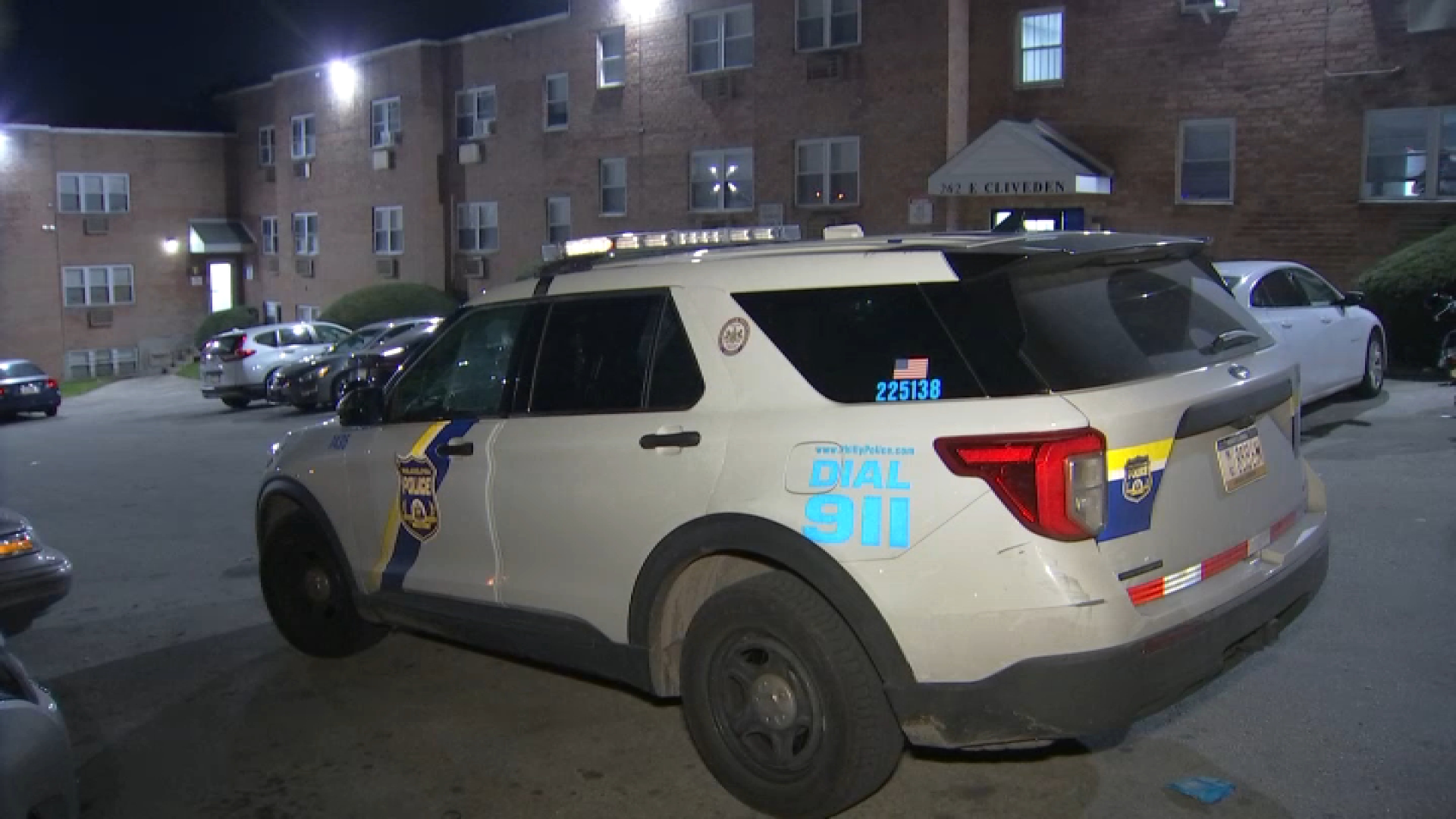In a 5-4 decision, the Supreme Court struck down a critical provision of the 1965 Voting Rights Act on Tuesday.
The decision in the Shelby County v. Holder case held Section 4 as unconstitutional and with that, eliminated the formula previously used to determine which states would require approval or pre-clearance from the Department of Justice before changing their voting laws.
Other sections of the Voting Rights Act still stand and would allow states like Pennsylvania to use the Voting Rights Act to ensure equality for all voters.
Section two, for example, prohibits voting practices or procedures that discriminate against voters on the basis of race, color, or minority group. In the past, the Department of Justice has used Section two to address voting issues here in Philadelphia.
In a 2006 case, United States v. City of Philadelphia, the Court filed a complaint against the City of Philadelphia, under sections 203 and 208 of the Voting Rights Act for “failing to establish an effective Spanish bilingual program and for denying limited-English proficient voters their assistor of choice.” These types of cases may still occur, despite the removal of Section 4.
While Pennsylvania is not one of the states that would be directly affected by this week's decision, local experts say the ball is now in Congress’ court to create a new formula; a task that may not be so easy.
Professor of Law and Political Science at Temple University David Adamany said the Voting Rights Act could benefit from an overhaul.
Local
Breaking news and the stories that matter to your neighborhood.
“Congress would have to pass this law over again with some sort of updated definitions of the areas that would be covered by the Act," Adamany said. "The Act only applies where there has been low voting and the low voting numbers that are being used go back about 20 years. So, they could look at the current voting trends and apply the Voting Rights Act to areas that at the present time have low voting."
While Adamany believes the court would accept this, he also says it would be very difficult.
“I think the Senate could pass such legislation," he said. "But in the present House of Representatives, which is very conservative, it would be very hard to get the Voting Rights Act renewed.”
In a statement today, President Obama expressed his disappointment with the Court’s decision and called on Congress to pass new legislation that would ensure equal access to the polls for all voters.
“Today’s decision invalidating one of its core provisions upsets decades of well-established practices that help make sure voting is fair, especially in places where voting discrimination has been historically prevalent," Obama said. "I am calling on Congress to pass legislation to ensure every American has equal access to the polls."
Mayor Nutter shared the president’s sentiment.
“The Supreme Court’s ruling will diminish the protections that have been passed and renewed with bi-partisan support. I want to thank President Barack Obama for calling Congress to action on this disappointing decision to ensure that every citizen’s voice and vote is heard,” Nutter said.
Associate Professor of Political Science at Temple University Megan Mullin said the Court’s decision exposes a trend of anti-voting rights legislation being passed nationwide.
“I think it’s hard not to read a statement into this especially when it comes amid this flurry of legislation throughout the country that is restricting people from getting to the polling place," she said. "We’ve seen voter ID bills and these photo ID bills passed in legislature after legislature and nearly half of the states have adopted some form of this kind of bill and in at least three states, those bills are on hold because of these pre-clearance requirements. So there are at least three states where voter ID bills will go into effect now because the only reason they haven’t was because the Department of Justice had them on hold for pre-clearance review.”
Whether or not Congress will agree on a set of new provisions in the law remains to be seen.
Kenneth Simon, a junior law student at the University of Pennsylvania said he is not optimistic that the current Congress will be able to get the job done.
“I think it’s going to be difficult to get any sort of formula passed in the current congress, they can’t agree on much of anything,” he said.
Ultimately, Mullin says, only time will tell how far today’s decision will reach.
“We often don’t know what kind of effects these laws will have until they’ve been in place for a while. Given the difficulty Congress has in passing any kind of legislation right now, this certainly is not going to be on the top of their list.”



